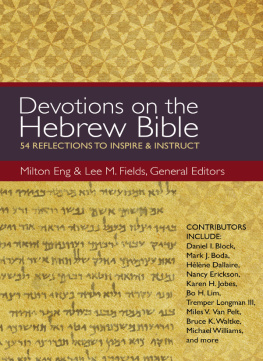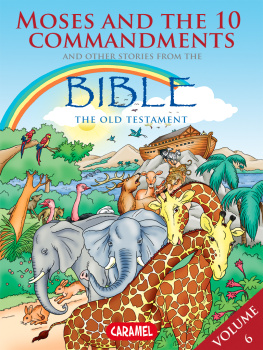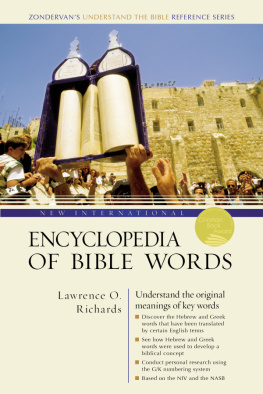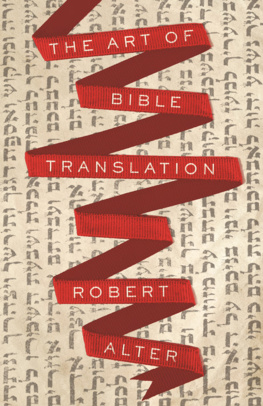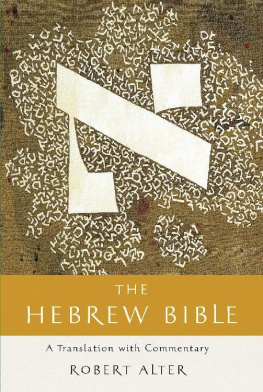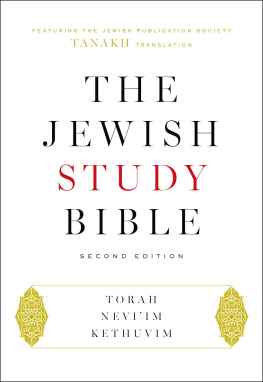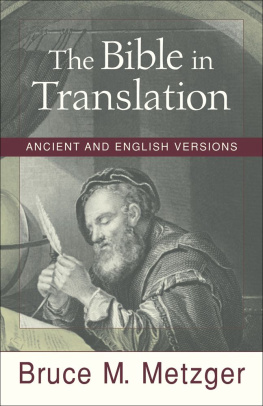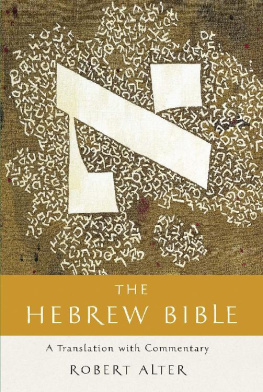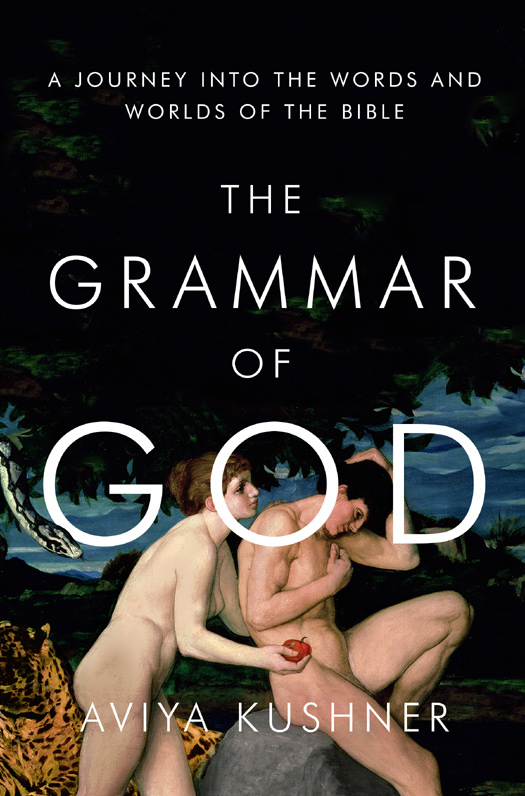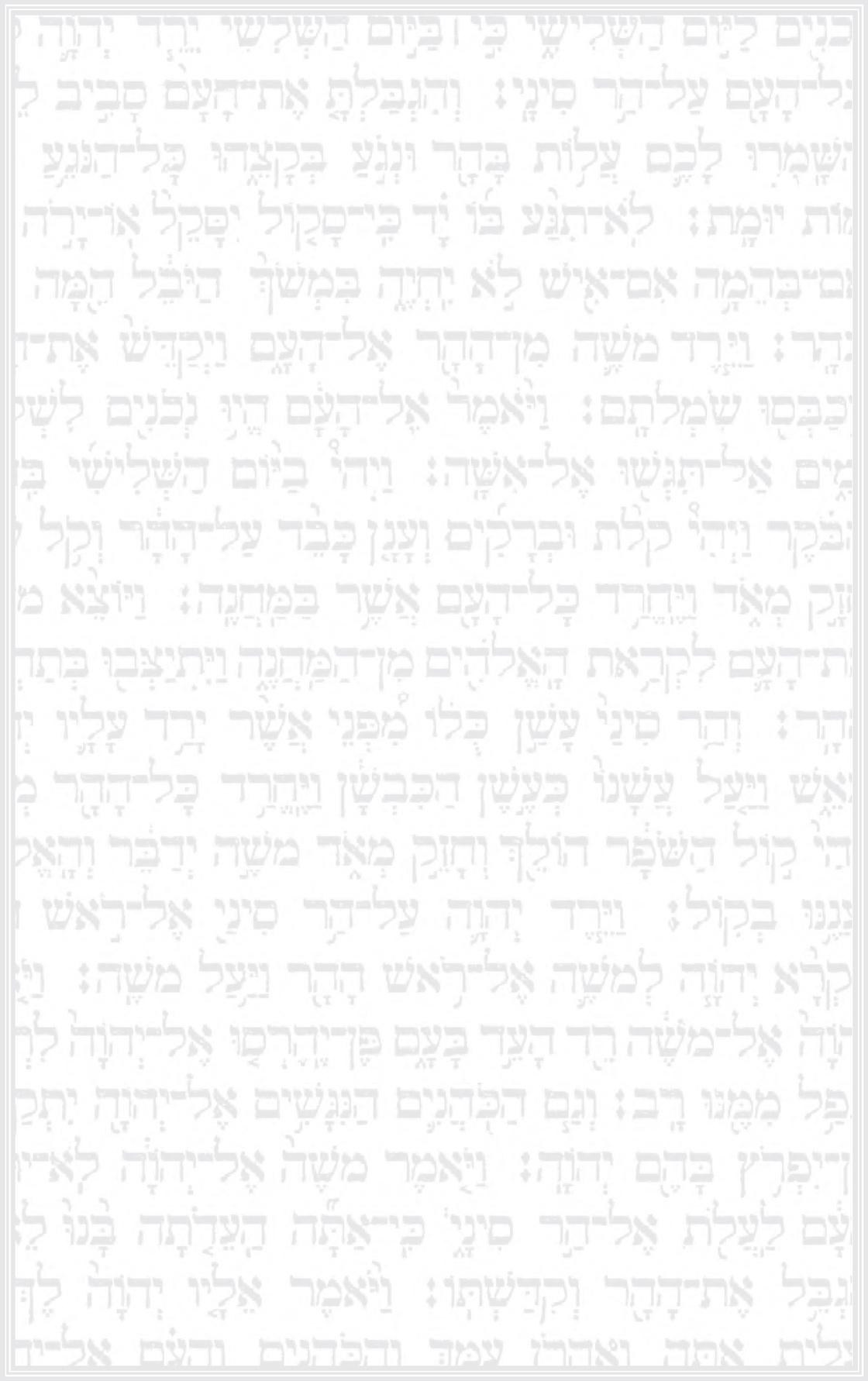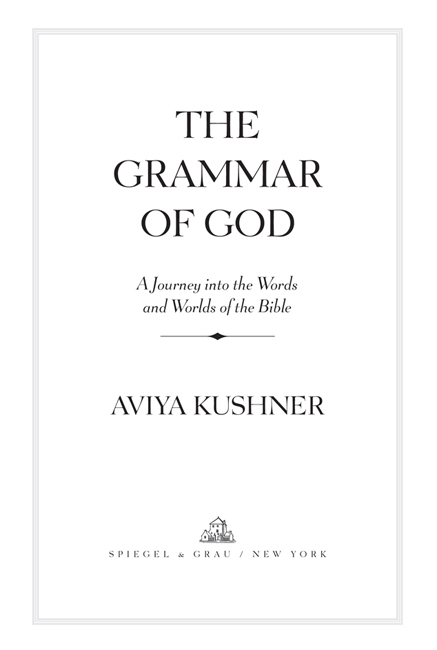Kushner - The grammar of God : a journey into the words and worlds of the Bible
Here you can read online Kushner - The grammar of God : a journey into the words and worlds of the Bible full text of the book (entire story) in english for free. Download pdf and epub, get meaning, cover and reviews about this ebook. year: 2015, publisher: Random House Publishing Group;Spiegel & Grau;Random House Inc, genre: Religion. Description of the work, (preface) as well as reviews are available. Best literature library LitArk.com created for fans of good reading and offers a wide selection of genres:
Romance novel
Science fiction
Adventure
Detective
Science
History
Home and family
Prose
Art
Politics
Computer
Non-fiction
Religion
Business
Children
Humor
Choose a favorite category and find really read worthwhile books. Enjoy immersion in the world of imagination, feel the emotions of the characters or learn something new for yourself, make an fascinating discovery.

The grammar of God : a journey into the words and worlds of the Bible: summary, description and annotation
We offer to read an annotation, description, summary or preface (depends on what the author of the book "The grammar of God : a journey into the words and worlds of the Bible" wrote himself). If you haven't found the necessary information about the book — write in the comments, we will try to find it.
Aviya Kushner grew up in a Hebrew-speaking family, reading the Bible in the original Hebrew and debating its meaning over the dinner table. She knew much of it by heartand was therefore surprised when, while getting her MFA at the University of Iowa, she took the novelist Marilynne Robinsons class on the Old Testament and discovered she barely recognized the text she thought she knew so well. From differences in the Ten Commandments to a less ambiguous reading of the creation story to a new emphasis on the topic of slavery, the English translation often felt like another book entirely from the one she had grown up with.
Kushner began discussing the experience with Robinson, who became a mentor, and her interest in the differences between the ancient language and the modern one gradually became an obsession. She began what became a ten-year project of reading different versions of the Hebrew Bible in English and traveling the world in the footsteps of the great biblical translators, trying to understand what compelled them to take on a lifetime project that was often considered heretical and in some cases resulted in their deaths.
In this eye-opening chronicle, Kushner tells the story of her vibrant relationship to the Bible, and along the way illustrates how the differences in translation affect our understanding of our cultures most important written work. A fascinating look at language and the beliefs we hold most dear, The Grammar of God is also a moving tale about leaving home and returning to it, both literally and through reading.
Praise for The Grammar of God
The highest praise for a book, perhaps, is tucking it into a slot on your bookshelf where youll always be able to effortlessly slide it out, lay it across your lap and soak it up for a minute or a long afternoons absorption. The Grammar of God: A Journey into the Words and Worlds of the Bible, Aviya Kushners poetic and powerful plumbing of both the Hebrew and English translations of the Bible, now rests in just such an easy-to-grab spot in my library. In a word, its brilliant. And beautiful.Barbara Mahany, Chicago Tribune
Aviya Kushner has written a passionate, illuminating essay about meaning itself. The Grammar of God is also a unique personal narrative, a family story with the Bible and its languages as central characters.Robert Pinsky
Kushner is principally interested in the meanings and translations of key Biblical passages, and she pursues this interest with a fierce passion. . . . A paean, in a way, to the rigors and frustrationsand ultimate joysof trying to comprehend the unfathomable.Kirkus Reviews
A remarkable and passionately original book of meditation, exegesis, and memoir. In Kushners redemptive vision, the Bible in its many translations is a Noahs ark, and her book, too, does a work of saving. When I put it down, I wept.Rosanna Warren, author of Stained Glass
What a glorious book! From Sarahs laughter to the idea of Jewish law being a dialogue and not a rigid set of rules, this is a book not only to learn from but to savor.Peter Orner, author of Love and Shame and Love
In this splendid book, each page is a wonder.Willis Barnstone, author of The Restored New Testament
Kushner: author's other books
Who wrote The grammar of God : a journey into the words and worlds of the Bible? Find out the surname, the name of the author of the book and a list of all author's works by series.



